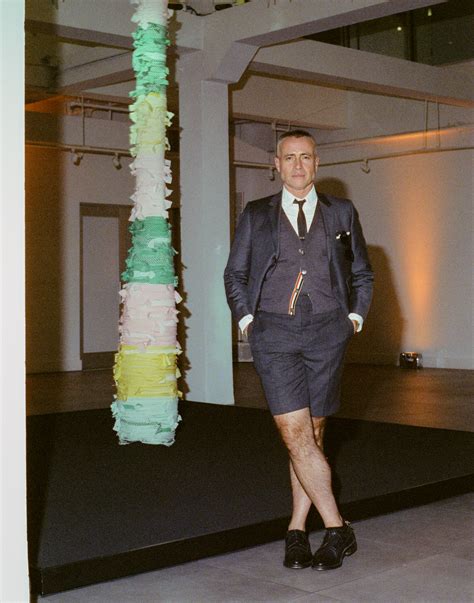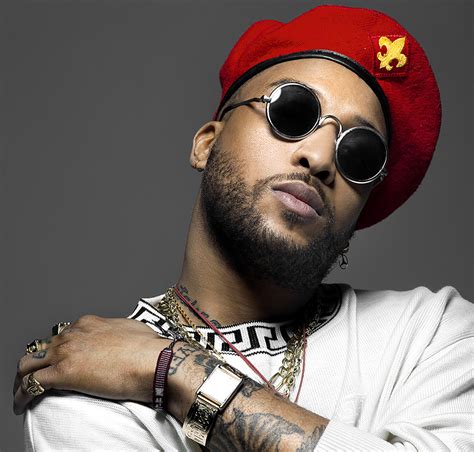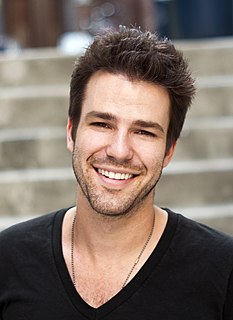A Quote by Michael Pollan
I really try to write as an ordinary person would, not as someone who's too sophisticated about food, or too knowledgeable about things.
Quote Topics
Related Quotes
There's always someone out there telling you your nose is too big or too small, or you're too fat or too thin, or they don't like your hair. In life, there's always going to be someone who doesn't like something about you, so you have to focus on what makes you happy about yourself. You're the only person you need to please.
You almost have to step outside yourself and look at you as if you were someone else you really care about and really want to protect. Would you let someone take advantage of that person? Would you let someone use that person you really care about? Or would you speak up for them? If it was someone else you care about, you'd say something. I know you would. Okay, now put yourself back in that body. That person is you. Stand up and tell 'em, "Enough!
You know, I think everybody I've seen has come from some other therapy, and almost invariably it's very much the same thing: the therapist is too disinterested, a little too aloof, a little too inactive. They're not really interested in the person, he doesn't relate to the person. All these things I've written so much about. That's why I've made such a practice really, over and over to hammer home the point of self-revelation and being more of yourself and showing yourself. Every book I write I want to get that in there.
I definitely write about things that are universal, that everyone can identify with. You're supposed to write about things you're passionate about and I guess I am a foodie. I do love food and it's kind of like I'm an eccentric observationalist guy. To make it kind of universal, I try a lot of different things. When I first started writing this, I was like, 'No food.' Then, you know, it just always goes there.
I have spent a good many years since?too many, I think?being ashamed about what I write. I think I was forty before I realized that almost every writer of fiction or poetry who has ever published a line has been accused by someone of wasting his or her God-given talent. If you write (or paint or dance or sculpt or sing, I suppose), someone will try to make you feel lousy about it, that's all.
There's a price you pay for drinking too much, for eating too much sugar, smoking too much marijuana, using too much cocaine, or even drinking too much water. All those things can mess you up, especially, drinking too much L.A. water ... or Love Canal for that matter. But, if people had a better idea of what moderation is really all about, then some of these problems would ... If you use too much of something, your body's just gonna go the "Huh? ... Duh!"
For years following the death of my mother, I wanted to write about her. I started writing what I thought of as personal essays about growing up as her child, but I never could finish any of them. I think I was too close to that loss, and too eager to try and resolve things, to make her death make sense.
I don't try to worry about sounding like anybody because I know I have my own tone, my own sound. It's just about being honest in a song and trying to relate myself or how to basically break it down as simple as possible for someone to try to understand it. Not being too deep, not being too shallow at the same time.
What I bring to the interview is respect. The person recognizes that you respect them because you're listening. Because you're listening, they feel good about talking to you. When someone tells me a thing that happened, what do I feel inside? I want to get the story out. It's for the person who reads it to have the feeling . . . In most cases the person I encounter is not a celebrity; rather the ordinary person. "Ordinary" is a word I loathe. It has a patronizing air. I have come across ordinary people who have done extraordinary things. (p. 176)





































